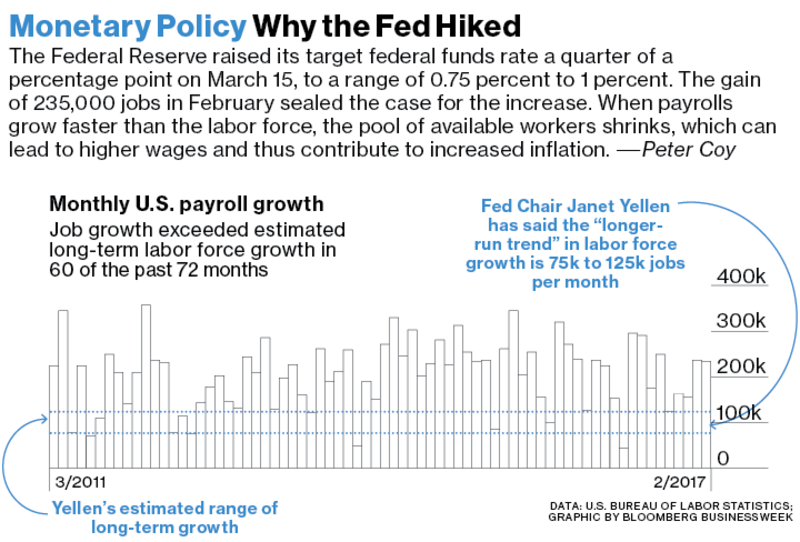There was only one dissent from Wednesday's rate-raising decision by the Federal Reserve's monetary policy committee, and it came from Neel Kashkari. The former aerospace engineer and onetime Republican candidate for governor of California is now president of the Federal Reserve Bank of Minneapolis. You could see the seeds of Kashkari's dissent being sown back in January, when he gave a speech to the Minneapolis Urban League that decried the yawning gaps between blacks and whites in income, unemployment, test scores, and high school graduation rates.
The question that Kashkari posed in that speech is what the Federal Reserve could do about it. "Now the traditional view among central bankers is that there’s not much we can do about economic opportunity and inclusive growth," he said in the speech. "The reason is that monetary policy, our primary policy tool, is a blunt instrument. We have to set one interest rate for the whole nation, for all of our people and businesses. We can’t target it to certain sectors, industries, regions, communities, or ethnic groups." His answer was to create an Opportunity and Inclusive Growth Institute, housed at the Minneapolis Fed, that would "conduct and promote research that will increase economic opportunity and inclusive growth for all Americans and help the Federal Reserve achieve its maximum employment mandate."

It will likely take years for the institute to have any kind of impact on disparities in opportunity and growth. Meanwhile, the Fed's rate hike will chill economic growth just a bit and make it marginally more difficult for people on the fringes of the economy to get and keep jobs. That's the tradeoff for preventing an outbreak of inflation.
Most of the voters decided that another quarter-point increase in the federal funds rate now was reasonable. Kashkari, in the antiseptic language of the Fed statement, "preferred at this meeting to maintain the existing target range for the federal funds rate." In the Minneapolis speech, Kashkari may have hinted at why. He cited the work of the economist Raj Chetty, who found that doing better than your parents is far harder now than it was in earlier generations.
"The American Dream is a central tenet of our society," Kashkari said in the speech, "yet in the last 30 years the proportion of Americans who have stopped believing in it has tripled—from 10 percent to 30 percent." It's a good bet that the hike's impact on the disadvantaged was on his mind.
This article was provided by Bloomberg News.








